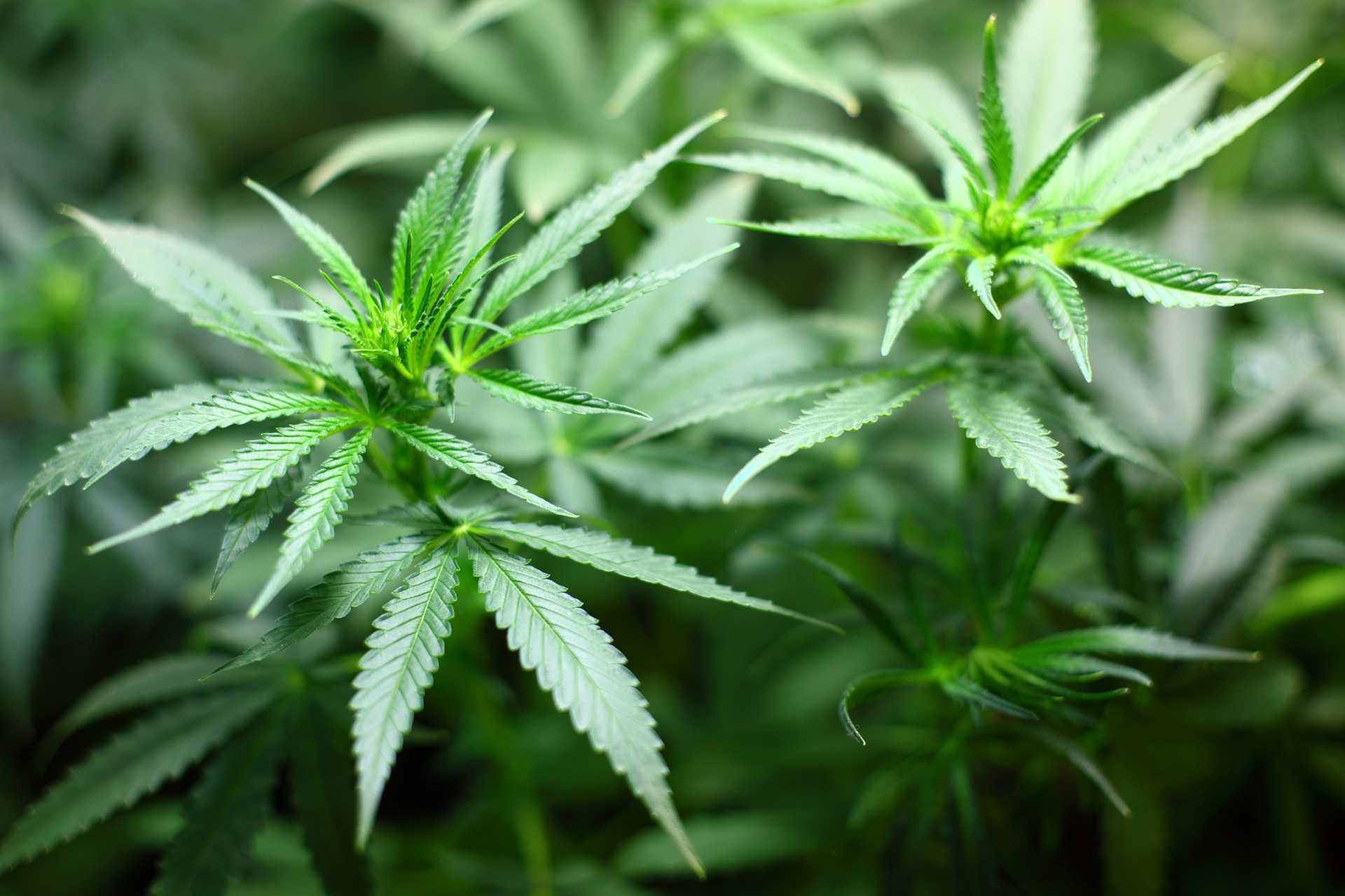CANNABIS use damages the memories of young people but appears to have the opposite effect in older people.
As people age, progressive brain inflammation leads to cognitive decline.
Scientists think the speed at which this happens depends on a balance between pro-ageing factors and the activity of the anti-ageing system.
A research group at the Institute of Molecular Psychiatry, University of Bonn, Germany, has found that naturally occurring cannabis compounds in the brain protect neurons and influence the progression of age-related learning and memory problems.
Professor Andras Bilkei-Gorzo showed that mice lacking the cannabinoid receptor lose the ability to learn quickly as they get older.
This is accompanied by a loss of nerve cells in the hippocampus, a brain region that plays a central role in learning and memory.
Aged mice, like many older humans, have difficulties in learning or adapting to new conditions.
German scientists have been able to identify the brain cells that were responsible for the animals’ poor performance.
Memory loss is accompanied by increased activity of microglia – immune cells that cause inflammation in the hippocampus.
A recent trial showed that infusing low doses of tetra-hydrocannabinol (THC), the active ingredient in cannabis, reverses the age-related decline in cognitive performance of mature mice aged 12 months and elderly 18 month-old mice.
These are equivalent to around 50 and 75 human years old respectively.
The scientists gave the mice doses of 3mg TCH per kg of body weight. That is equivalent to around 250mg for an adult human.
In addition to task performance, THC improved spatial memory to the level observed in young untreated mice and restored mature and old animals’ ability to recognise their partners.
THC restored the function of the hippocampus of elderly mice to resembled that of young mice and the improvement lasted for several weeks after treatment ceased.
In contrast THC worsened memory in young mice, similar to the known effects of cannabis use by young humans.
Professor Bilkei-Gorzo said cannabis preparations and THC are already used for medicinal purposes.
They have an excellent safety record and do not produce adverse side-effects when administered at a low dose to older individuals.
Low-dose treatment with THC or cannabis extracts could be a potential strategy to slow down or even to reverse cognitive decline in elderly humans.
“If we can rejuvenate the brain so that everybody gets five to 10 more years without needing extra care then that is more than we could have imagined,” he told the Guardian.
Medical cannabis is now available in WA by prescription for a limited range of conditions including reducing spasticity in multiple sclerosis, as an appetite stimulant for patients with cancer and human immunodeficiency virus (HIV) and to relieve nausea and vomiting caused by cancer chemotherapy.
Medicinal cannabis is not covered by the Pharmaceutical Benefits Scheme and patients will have to pay for the full cost on a private script.
Dr Eva Drews of the University of Bonn, says human trials of THC on cognitive decline are due to start next year, in Germany.
The paper appeared in Nature Medicine in April.



































